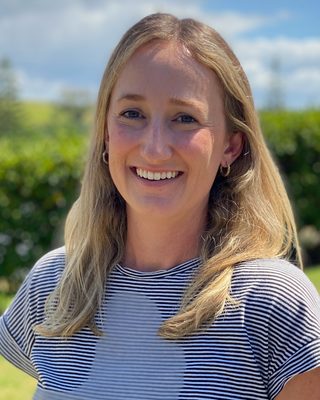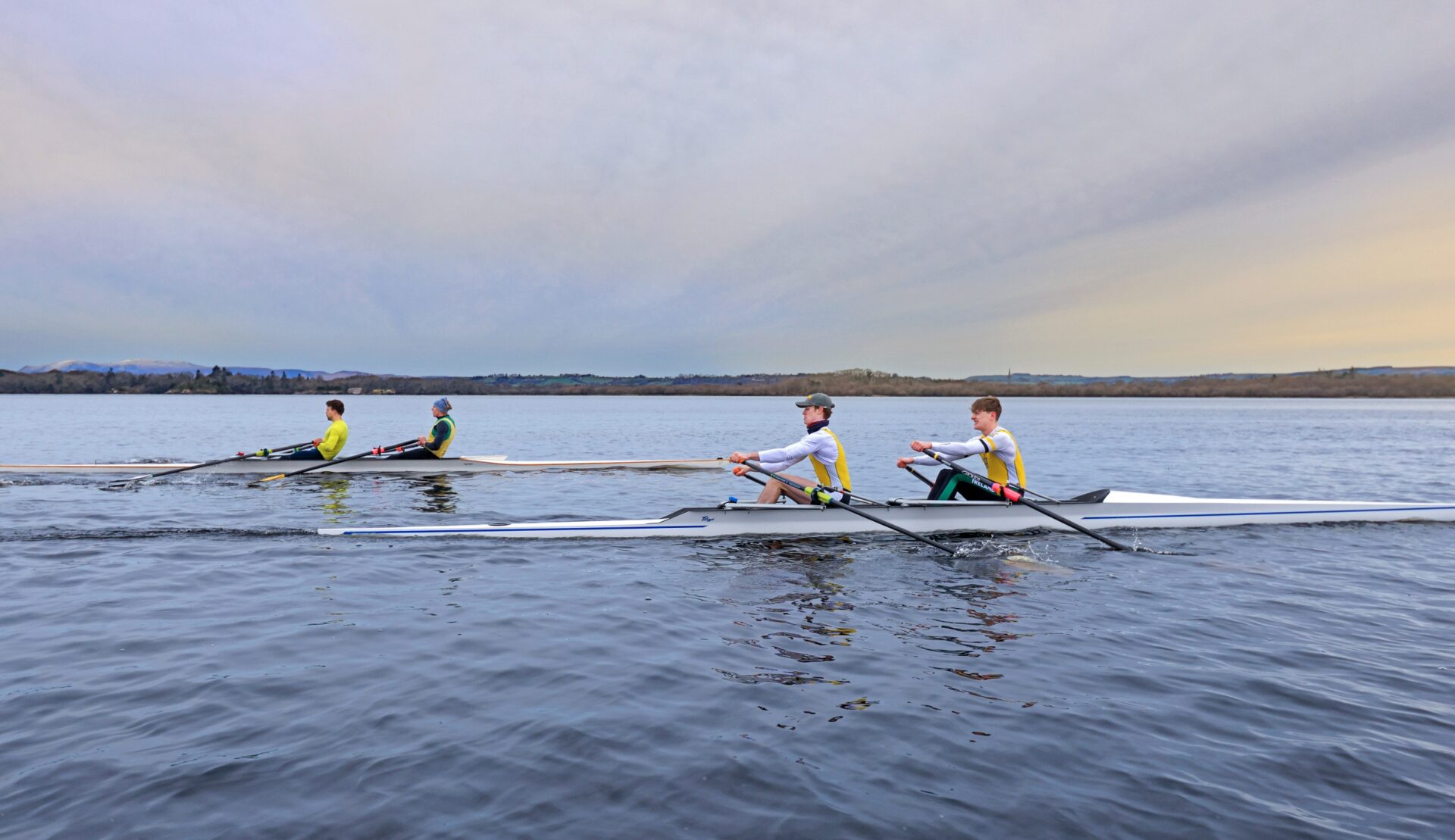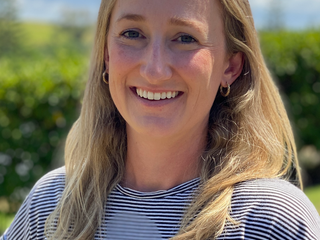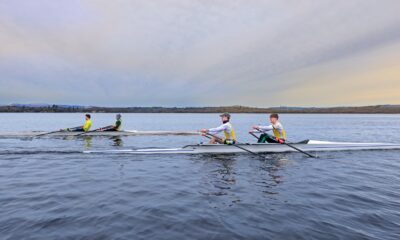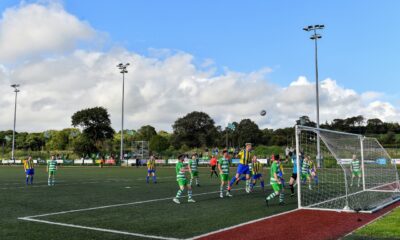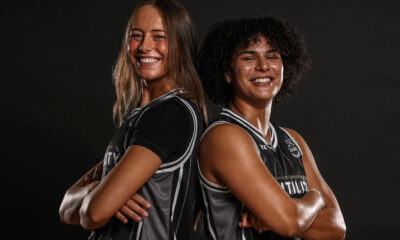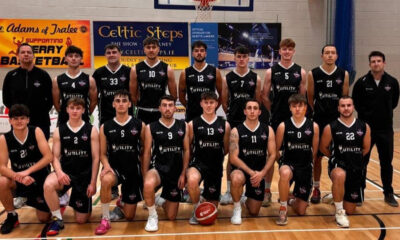News
Add heather for plenty of garden colour

By Debby Looney, gardening expert
Nothing provides more reliable colour and interest throughout the winter months than heathers. A forgotten about group of plants, they have gotten a bad rep for overgrowing their welcome.
It is true that if not looked after they become lanky, woody, brown, straggly and unsightly. The only reason heathers become ugly is because they need a severe trim after flowering every year. Miss a year and things start going wrong. After flowering, cut back all heathers to the point at which they started flowering. This does not really have to be done carefully, you can take a shears or even a hedge trimmer to them. This is the only attention they will need all year!
Heathers fall into two groups, Calluna, and Erica. Callunas are lime tolerant and recognisable as such by their leaves and structure. The leaves are smooth and soft, and their growth is upright. Ericas do not tolerate lime, and their leaves are more like needles. They do not grow as tall as Calluna types, and their growth is horizontal more so than vertical. I think heathers look best in a designated bed as they compliment each other. Having said that, they also work really well as a border edging, especially Erica varieties as they tend to stay lower and have a nice round growth habit. I have Erica ‘Kramer’s Red’ along the driveway, in winter it blazes purple and in summer it is a nice dark green. Perfect! They are also ideal planted under roses as they provide a nice bit of interest in the winter. I have recently started adding the to mixed perennial beds too where I think they look great when all else has withered. Heathers are ideal for banks too, and will tolerate wind and fairly dry soil. Yes, I am a fan of heathers!
Some varieties to try are: Calluna ‘Silver Knight’, beautiful mauve flowers on silver foliage. C. ‘Dark Beauty’ – the deepest of burgundy flowers on rich green foliage, the most striking of all the dark flowered ones. C. ‘Wickwar Flame’, lavender flowers on golden foliage, good contrast. C. ‘Theresa’, pink buds on golden foliage – looks like it glows! C. ‘Helena’ white buds on bright green foliage, a welcome break from the pink colours. C. ‘Bonita’ has crimson buds on amber foliage, very pretty. Erica varieties: E. ‘St. Keverne’ has bright pink flowers early in the autumn, compact growth habit. E. ‘Darley Dale’ pink, but foliage has white tips in the spring. E. ‘Eva Gold’ pink flowers, golden foliage. E. ‘Furzey’ dark pink flowers, pink tips in spring. E. ‘White perfection', pure white flowers, E. ‘Moonshine', lime green foliage with pale pink flowers, E. ‘Saskia', masses of rose pink flowers clustered at the end of the shoots, very showy!
There is a relatively new trend in Calluna types emerging, one of which sells under ‘the Girls’ range or ‘bud heathers'. These are usually two or three different colours in one pot. They are different plants put in together and I have noticed in the garden one colour usually takes over from the others. The problem with these is that if you are planting for pollinators they are useless as the buds do not open! They are also, in my experience, not very reliable repeat flowers. All heathers, except these bud heathers are excellent for pollinators. They provide much needed pollen in winter and spring, and it is a great idea to plant them near your apple trees and other fruit plants in order to get pollinators into the habit of visiting a certain area of your garden. All in all, there should be a spot for heather in anyone’s garden!


